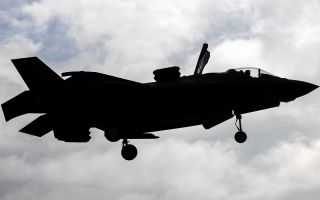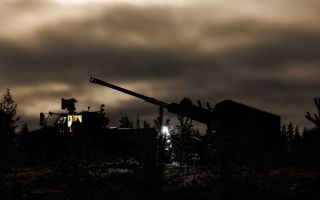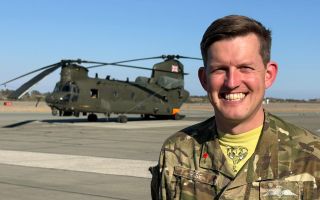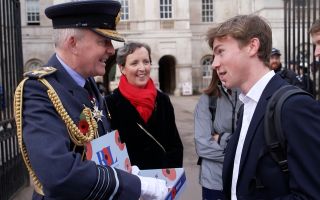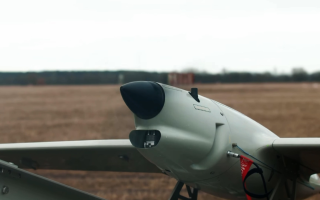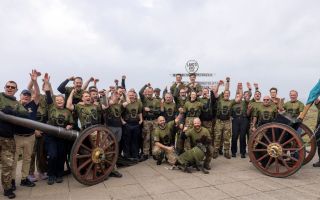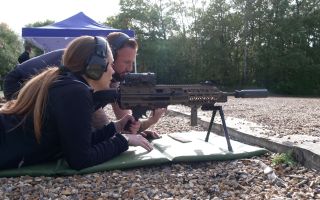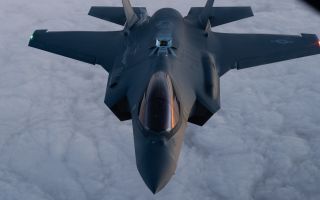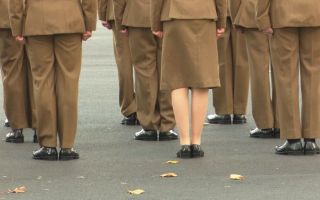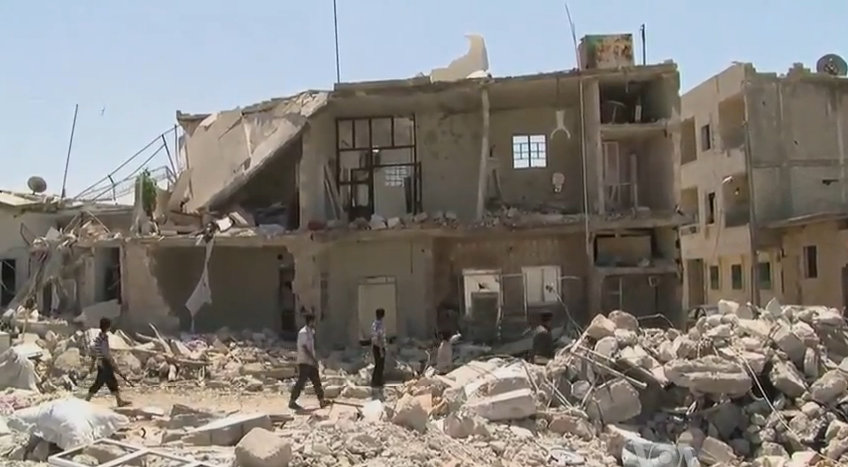
Tri-Service
Comment: Civil Wars Leave The Longest Memories

Driving through the Mississippi Delta and it's shining like a National guitar.
Gracelands playing in the dashboard because the car's old enough for that.
Long John Morgan reckons this is the bleeding heart of the Civil War.
Not the Syrian, the Iraqi, the Libyan or any other "Goddammit fig eating civil war boy".
Long John taps the bakelite steering wheel in time to Paul Simon.
The war. I understand. So I have for the 20, maybe 30 years he and I have driven this trail. We're talking four years - 1861-65. `The American Civil War'. The scar on all American lives even today.
In 1861 there were 34 states in an America not then a hundred years old. That year seven southern states refused to give up slavery and pulled out of the Union and formed the Confederate States.
The continent went to war. States went to war. Regions went to war. Families went to war. Brothers went to war.
About three quarters of a million died - more Americans than died in two World Wars and Vietnam.
Long John Morgan stands 6'7" in his black socks and butt-kicking boots, he comes in at 275lbs. He knows the name of every one of the Morgans (and Delleys) who died in that thing.
He knows the name of every skirmish and gut spilling moment in those four years. Fort Munro, Pickens, Taylor and especially Sumter. The lands were angry he says.
The ones who didn’t make it were made prisoners of that war. Maybe 400,000 Americans. Of those maybe 56,000 died in those prisons. That's somewhere near the same number of GIs who died in Vietnam.
We're on Route 61 the Blues Highway. Greenville, Leland, Cleveland. Way out of Memphis. No monuments but still in the American psyche.
Black people rode this highway in search of a future just as Syrians ride another, even more perilous route. But hereabouts is left the hopelessness of it all in the music of some of the Route 61 travellers. Muddy Waters, Bessie Smith, John Lee Hooker and B. B. King. Not in the uptown of Paul Simon.
Simon and I were born on the same day. The directions weren't so different. They all, he said, led to Gracelands. Monuments. The symbolism of a ghost of America's past.
Long John is big on symbolism. He did nine years in Parchman Farm, the state pen. So did Elvis's old man, Vernon Presley. So did Stokely Carmichael. Remember Stokely? Long John rhythms the wheel. "Hell no-We won't go!" That was him. "He sang that against the draft. Against 'Nam”.
The civil rights activists, the 300 Freedom Riders, were jailed in 6x8 cells in Parchman. Jailed, stripped, chain-ganged. Chain-ganged. This was the 1960s. A hundred years after that war.
“You remember that?” says Long John. "You remember Deputy Tyson. A tobacco mouth that could have backed the devil hisself into the darkest corner. Peace marchers? He knew everyone. They still quote him. 'Y’all all a time wanna march someplace? Well y’all gon’ march right now, right t’yo cells. An’ ahm gon’ lead ya. Follow me. Ah’m Martin Luther King.'"
We pull into the dustiest gas station ever seen outside a road movie. A truck with the shiniest, cleanest, highest pointing exhaust alongside. America is full of contradictions.
Long John Morgan rests his belly into the counter and orders two coffees and chocolate cake. "Now they're telling us we have to burn the flag." The symbol of the Confederates. He calls it stamping out the past but not the soul. These seem nothing things. But they are big.
You want to talk about the tragedies on Syria? Of Libya? To Long John Morgan and the truck driver, the bar tender, the help out back with the bucket and swab, the highway patrol officer with the cop-show blank face, Syria, Libya, Iraq are sad places for "those folk over in that place".
It is not that they do not care. It is that they do not know.
The American Civil War all that time ago they do know about, even when the facts are only folklore. They know it because it has not left them.
That's the point the big man makes. A nation doesn't forget even if it is not sure what it is it's not forgetting.He repeats, repeats, repeats.
The Civil War has left a scar. Understand that you will begin to understand even modern America. Those folk over there, he says, will not forget. Three four generations on from what we have let happen will still remember.
Suits in Geneva may one day call a truce. But just as 1865 was about identity so Syrians, Iraqis and all will only call truce on their memories.
What they are negotiating in Geneva this week has a hundred years to go.
Forces TV is available on Sky 264, Virgin 277 and Freesat 652.


